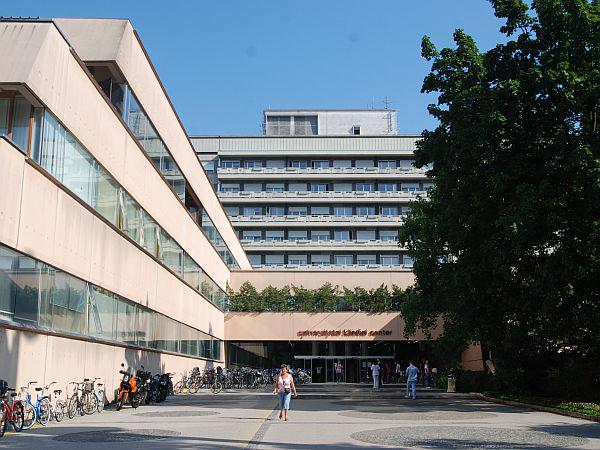
A commission set up by the Ministry of Health, which supervised over the Radan case at the Ljubljana Neurology Clinic, has sent its findings, before the issuing of the final report, to the University Medical Centre (UKC). The UKC has until the 7th of July to respond to the findings. The content of the documents is not known.
Because of the Doctor Radan case and other scandals in the health sector a question asked more and more often is: How safe are patients treated in Slovenian hospitals? Health organizations agree that it is essential that we start setting up a safety culture system. Now on the move is the Ministry of Health, and the opportunity lies with the national program resolution.
It no longer suffices to say that our health system is good and our patients safe, without offering comparable figures. As we have no such information at home, quality expert Andrej Robida took a look at figures from the U.S and Europe and assessed that around 1000 deaths take place in Slovenia every year, due to medical mistakes. "Those figures were published years ago, but nobody took any interest in them, although they should have. If not the Ministry of Health, than surely the government leadership," stressed Robida.
"The information, which mentions 1000 deaths and was given to the media, was unconfirmed and is a case of extrapolation," comments the head of the Medical Association Pavle Poredoš.
In the past 15 years health organizations have collected information on over 400.000 cases of medical complications and errors in hospitals. However, the Ministry of Health has shown no interest in setting up a system of safety and quality, says the president of the Medical Chamber Andrej Možina. "Only out of membership fees Slovenian doctors have contributed almost half a million euros, while the state hasn't given anything. The state spends a lot of money on irrelevant studies and therefore fails to function well in this segment," warns Možina.
The health insurance fund has to accept its share of responsibility. "Those who pay for the services of the health system have a duty to check what kind of products they're purchasing and ensure the constant offer of quality products," warns doctor Miran Kenda.
Health experts are offering politicians a hand, to jointly set up a strategy, set deadlines and appoint individuals to head certain areas in the national program draft resolution. The idea of a special agency for ensuring a safe and quality health system is also considered. "Let's make some changes. It might take years. It's better than waiting another 14 days or three months, until we see front page headlines reading how doctors killed someone again, in quotation marks of course," added Robida.

































































